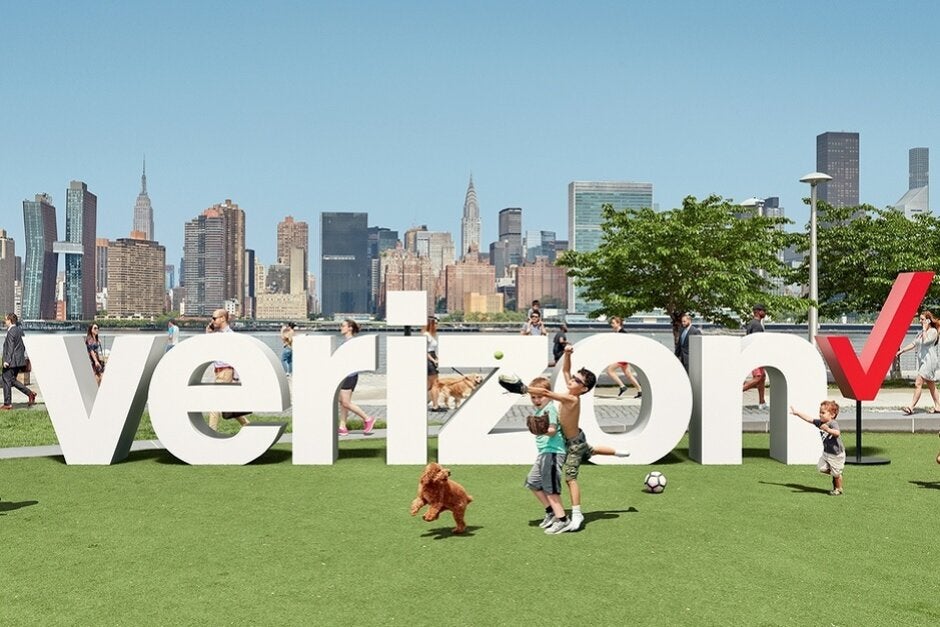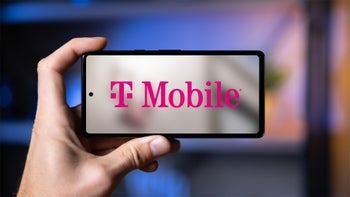Verizon is still on track to have 60 cities with 5G coverage by the end of 2020

Unlike T-Mobile, which used its low-band 600MHz spectrum to launch nationwide 5G service late last year, Verizon is taking a different approach. First, we should explain that T-Mobile's 600MHz airwaves travel farther and penetrate buildings better than the high-band spectrum used by Verizon. However, they are not nearly as fast as Verizon's mmWave signals; the latter delivers download data speeds as fast as 1Gbps and can handle huge amounts of data traffic. But mmWave signals cannot travel far, nor can they penetrate structures very well. This is why it is taking longer for Verizon to build a coast-to-coast 5G network.
Verizon continues to work through the pandemic to expand its 5G footprint
Currently, T-Mobile does offer 5G service coast-to-coast. However, its 5G speeds in some areas are not much of an improvement over its 4G LTE signals. But now that the merger with Sprint has been completed, T-Mobile will take control of Sprint's 2.5GHz mid-band spectrum. Hard to find in the states, these airwaves will combine with T-Mobile's 600MHz low-band and mmWave high-band spectrum to create what many analysts believe will be the fastest 5G network in the states. T-Mobile says that its 5G download speed will increase by a factor of eight over the next few years and will be 15 times faster over the next six years. Its network capacity will expand 14 times over the next six years.

Verizon hopes to have 60 cities covered by its extremely fast mmWave 5G signals by the end of this year
Even while the U.S. is basically locked down, Verizon continues working to expand its 5G network according to PCMag. Verizon's VP of Technology, Heidi Hemmer, says that the carrier remains on track to have 60 5G cities up and running by the end of the year. To stay on this pace, Verizon is continuing to work in cities that are locked down. Hemmer says, "There's a calendar to launch more 5G cities over the next quarter, [but] we're not doing marketing launches right now just because of everything that's going on," she says. "We're on track for the additional 30 (5G cities) this year, and we continue to expand coverage in the 30 that we launched last year. In Chicago, we have three times the nodes we did a year ago."
The executive adds that during the third quarter, Verizon will get some mid-band spectrum through a technology called dynamic spectrum sharing. This allows 5G signals to split frequency bands with 4G signals. Talking about dynamic spectrum sharing (DSS), Ericsson’s Head of Networks Fredrik Jejdling said, "For the first time, our customers do not have to re-farm spectrum before deploying a new 'G' and can quickly get 5G on the same footprint as they have with 4G today. In the next 12 months, more than 80% of the commercial 5G networks we support will use our spectrum sharing solution to achieve broad 5G coverage."
While this sounds great in theory, T-Mobile's President of Technology Neville Ray found an issue with DSS. As Fierce Wireless reports, Ray discovered that DSS can result in a drop off of network capacity. The executive says, "We’re seeing as we learn more, that as you deploy DSS it kind of eats away on the net capacity of the shared radio,” Ray said. “If you rush into that now, some of the early rollouts and workarounds…that we’ve seen are pretty corrosive and would suck up capacity just by rolling out the feature."
One of the problems that is inherent with high-band mmWave spectrum, as we pointed out before, is the limited distance that such signals travel. Verizon's Hemmer says that besides using DSS, the carrier will employ "intelligent beamforming" software to help expand the range of its mmWave base stations.
The COVID-19 outbreak has actually helped Verizon's 5G crew get work done. In cities where the carrier is allowed to work outside, putting down fiber and mounting mmWave 5G hardware on light poles and lampposts, the empty streets have actually made it easier for Big Red's crew to work. "When we're outside and we're attaching to city furniture, for the most part, we're able to continue that work," Hemmer says. "In some cases, we have cities where the streets don't have traffic on them and a couple of cities have given us wider construction hours."
Follow us on Google News













Things that are NOT allowed:
To help keep our community safe and free from spam, we apply temporary limits to newly created accounts: